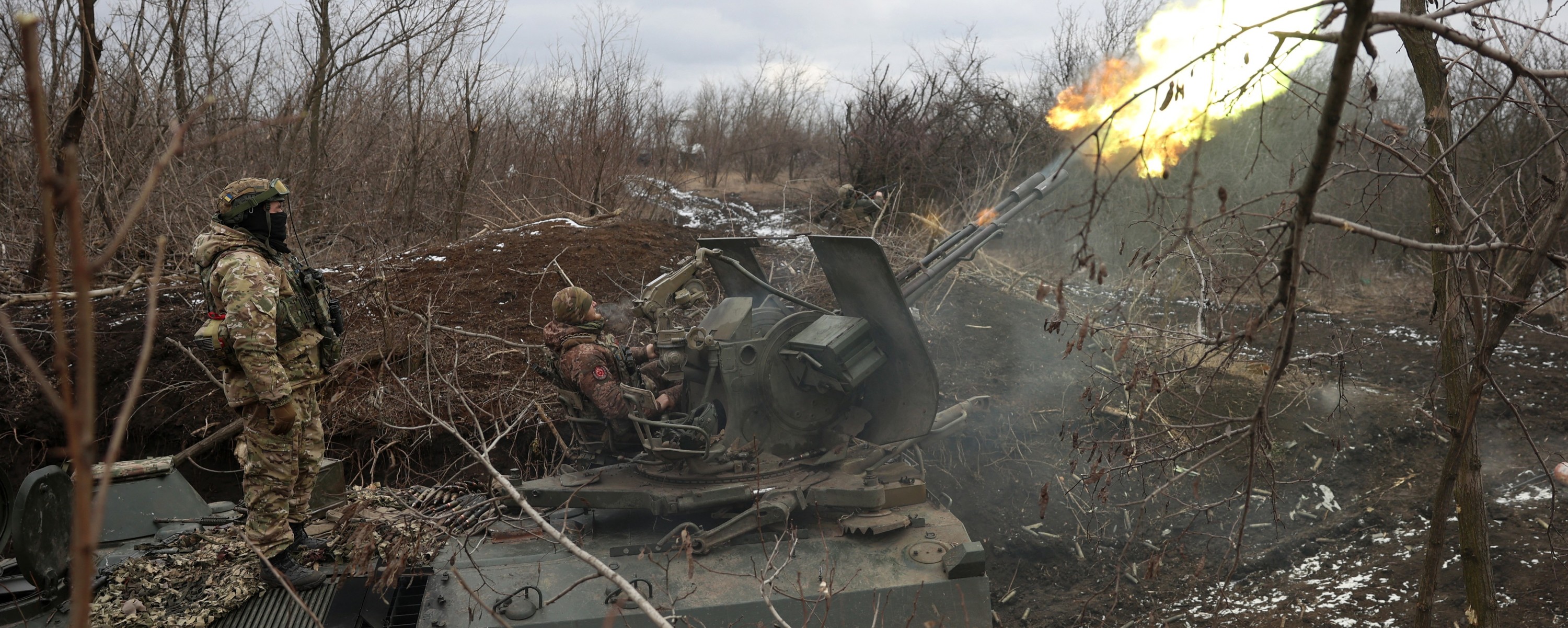Our planet is in a more unstable and fearful place since Russia invaded Ukraine. The war ushered in not just a humanitarian and societal catastrophe for the country, but also an ecological nightmare that extends well beyond its borders. While Ukraine burns under the constant shelling of Russian missiles, the effects of this environmental tragedy spill over to the rest of the world.
Global food markets were the first to be affected. Ukraine has been historically known as the “breadbasket of the world” thanks to its vast golden fields and its precious fertile land. After the start of the war, the Russian military blocked Ukraine’s Black Sea ports and brought exports of cereals, vegetables, and fertilizer to a standstill. Twenty percent of Ukraine’s farmland went unplanted or unharvested because of concerns over landmines or unexploded ordnance. The Russian invasion has thus been a global driver of food price inflation, which has affected mostly low-income and lower-middle-income countries.
Russia’s nuclear posturing and rhetoric is weakening decades of international efforts to create multilateral institutions and global norms to manage the risks of nuclear war. Moreover, the militarization and weaponization of nuclear sites, such as the occupation of Chernobyl in 2022 or the ongoing occupation of the Zaporizhzhia nuclear power plant, creates an ongoing and urgent threat — with the risk of a radiation incident spreading worldwide.
The Russian invasion will also affect the global fight on climate change: the fighting has increased greenhouse gas emissions in Europe and damaged Ukraine’s renewable energy infrastructure, but it will also impact the future of energy transition worldwide. Ukraine is an important source of critical minerals needed for green technologies, such as ilmenite and manganese — crucial to produce lithium batteries and steel. Access to these minerals will be strategic in the years to come and their limited availability on the market will have implications for the net zero pledges of many countries.
It is often said that the environment is war’s silent victim. Not anymore. A High-Level Working Group, appointed by the President of Ukraine, formulated a set of priorities to address these needs in a document titled “An Environmental Compact for Ukraine.” This provides a comprehensive set of recommendations that are relevant to armed conflicts everywhere. Damage to the environment in the context of armed conflict is finally getting the attention it deserves.
The High-Level Working Group commends the efforts of President Zelensky and Ukrainian authorities amid war. They are faced with the enormous task of repelling the Russian aggression while at the same time dealing with the devastation of war to the infrastructure and natural landscape.
The Environmental Compact sets out three priorities: first, monitor the damage and reduce the risk, with the development of a comprehensive strategy for data collection and a methodology to assess the damage. This will provide new global standards in collecting evidence that can be then used and applied by any country dealing with environmental devastation as a consequence of war.
Second, ensure accountability. With the invasion, the Kremlin put the international legal order at risk. But what has and will determine the future of the international legal order is how nations respond, and whether Russia will be held accountable for its actions. If properly implemented, this will create a new international framework to ensure accountability for environmental crimes around the globe, one that will set a unique precedent and produce new norms around environmental responsibility.
Third, mobilize green reconstruction and prompt an environmental recovery in Ukraine. The Compact sets forth a foundation for green reconstruction. This extends beyond restoration, but rather embeds environmental considerations into every aspect of Ukraine’s reconstruction. Ukraine aims to be the first post-war “green reconstruction,” easing the path for other countries to integrate environmental protection with post-conflict economic recovery.
Each one of these ideas has the potential to have far-reaching implications, beyond the borders of Ukraine and Europe. In a world increasingly suffering from climate change and environmental degradation, the Compact suggests a way to integrate environmental concerns into conflict resolution and peacebuilding globally.
We hope these ideas will be of help to countries in conflict everywhere. Other countries suffering violent conflict, or emerging from war, may wish to join in to develop the international structures necessary to respond to massive environmental damage in conflict, including clarifying and creating international law and best-practice.
Ukraine and the world need peace. A just peace. A sustainable peace. It is time to put the environment back into the center.
Margot Wallström is a Former Minister of Foreign Affairs of Sweden and Izabella Teixeira is a Former Minister of Environment of Brazil.

